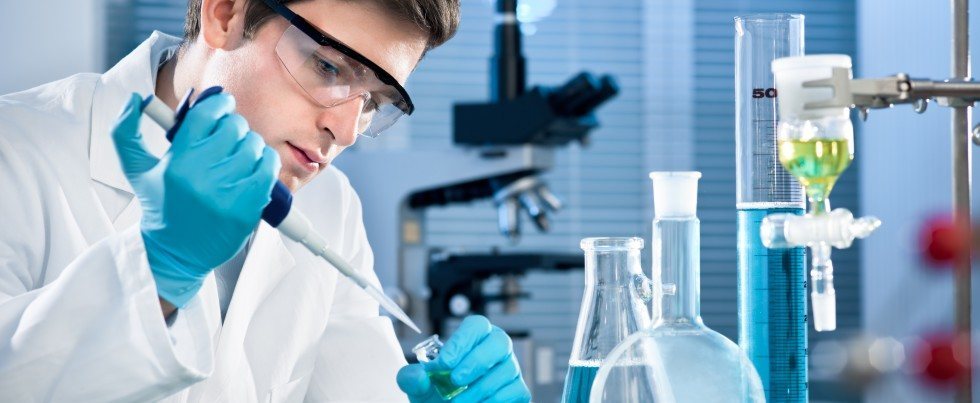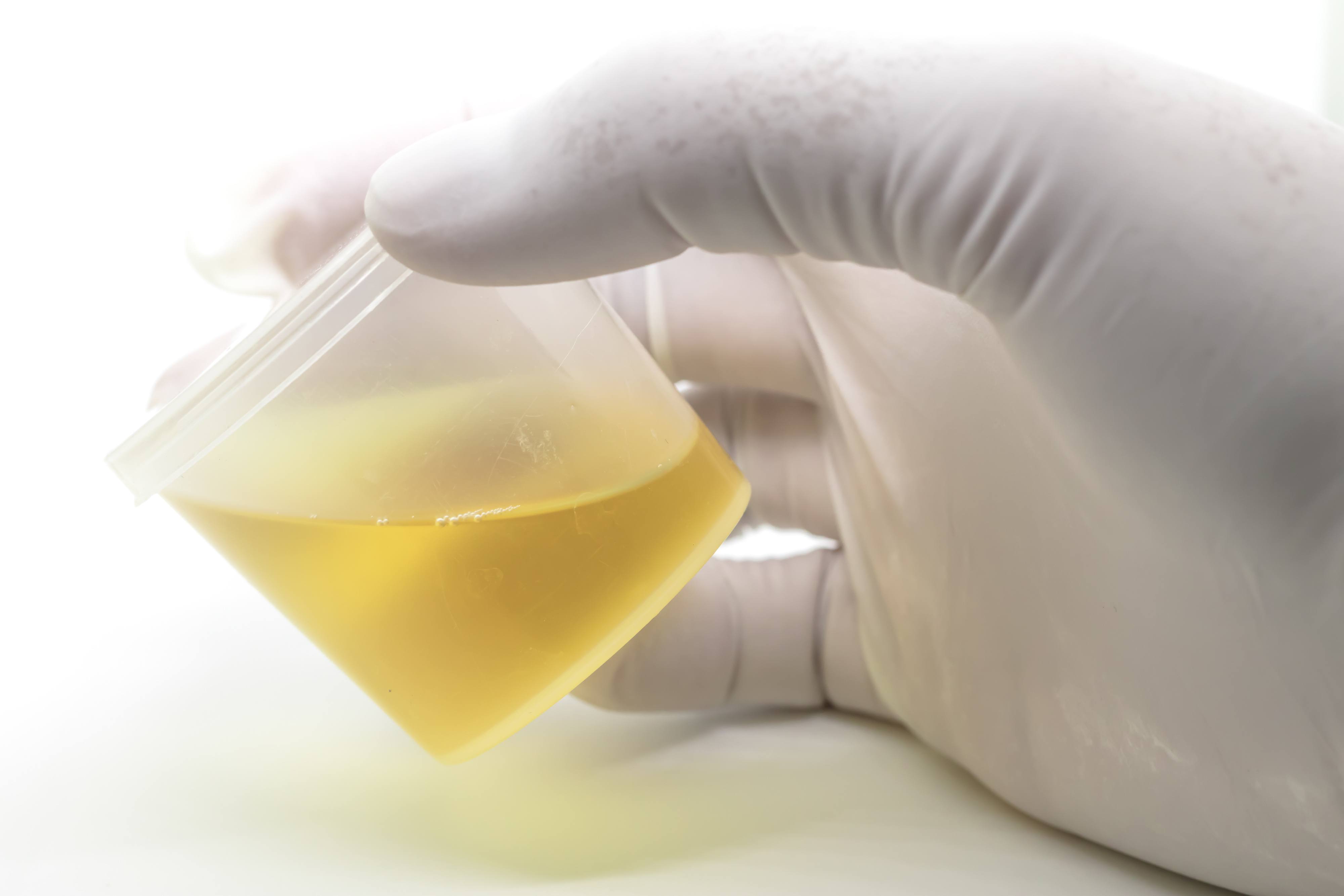Urine testing is widely used across various sectors, including employment, healthcare, and legal settings. While many approach it with confidence, some individuals may face unexpected outcomes—sometimes due to misunderstandings about how everyday substances can influence results. This article outlines several commonly overlooked factors that may lead to complications during urine screening.

Disclaimer: This article is for educational purposes only and is not intended as legal, medical, or diagnostic advice. Readers should consult with qualified professionals for guidance specific to their situation.
Understanding the Purpose of Urine Testing
Urine testing, or urinalysis, is a standard method used to detect the presence of certain substances in the body. These tests may screen for metabolic markers, medical conditions, or, in occupational settings, the presence of restricted or controlled substances.
Types of urine testing may include:
- Routine health screenings
- Drug screening for employment or legal purposes
- Monitoring for prescription adherence
- Diagnostic evaluations for kidney or urinary conditions
Given the broad application, understanding what may cause irregular or unexpected results is important for anyone undergoing such a test.
Common Non-Illicit Substances That May Influence Results
1. Over-the-Counter Cold Medications
Some cold and flu remedies, especially those containing antihistamines or decongestants like pseudoephedrine, may trigger false-positive results in drug screenings.
Example: Pseudoephedrine has been known to yield test results similar to certain stimulant substances.
Recommendation: Review the ingredients in any medications taken prior to testing and disclose their use if permitted by policy.
2. Ibuprofen and Pain Relievers
Ibuprofen, a widely used over-the-counter anti-inflammatory medication, has occasionally been associated with false-positive test results for substances like cannabinoids in older testing protocols.
Important Note: Advances in testing technology have reduced the occurrence of such false positives, but it’s still advisable to communicate all recent medications taken.
3. Antibiotics and Cross-Reactivity
Certain antibiotics, such as rifampin or fluoroquinolones, may trigger unexpected reactions during testing due to their chemical structure.
Cross-reactivity: Some compounds may resemble controlled substances enough to interfere with test reagents, resulting in erroneous outcomes.
Action Step: Always inform the testing facility of any prescribed medications. Documentation may be requested for clarification.
4. Dietary Factors and Herbal Supplements
Poppy Seeds
While nutritious, poppy seeds may contain trace amounts of morphine and codeine. These can occasionally be detected shortly after consumption.
Context: Ingesting poppy seed-containing foods prior to testing has been shown to produce measurable opiate levels under certain conditions.
Tip: Avoid such foods in the days leading up to a test if possible.
Herbal Products
Some herbal teas or traditional remedies—like coca tea—are derived from plants associated with controlled substances. These can introduce trace alkaloids into the system.
5. Unintended Sample Dilution or Interference
Some individuals attempt to prepare for urine testing by drinking large amounts of water. While hydration is generally healthy, overhydration close to testing may dilute the sample, raising concerns about test validity.
Indicators of dilution include:
- Unusually low creatinine levels
- Abnormally low specific gravity
Best Practice: Maintain regular hydration without attempting to alter test outcomes.
Steps to Minimize Issues During Testing
- Review Medication and Supplement Use
- Maintain a list of all medications and over-the-counter products taken.
- Bring documentation if possible.
- Maintain a list of all medications and over-the-counter products taken.
- Avoid Known Problematic Foods or Drinks
- Refrain from consuming poppy seeds or herbal substances that may interfere with screening.
- Communicate Transparently
- If the testing policy permits, disclose use of any potentially reactive products.
- Ask Questions if Concerned
- Many testing facilities can explain the procedure and answer concerns in advance.
- Follow Pre-Test Guidelines Closely
- Abide by any provided instructions regarding fasting, hydration, or medication disclosure.
- Abide by any provided instructions regarding fasting, hydration, or medication disclosure.
Understanding False Positives and Confirmatory Testing
Initial urine tests often use immunoassay techniques, which are sensitive but not always specific. If a test returns a positive result, confirmatory testing—such as Gas Chromatography-Mass Spectrometry (GC-MS)—may be used to determine accuracy.
False positives do not necessarily indicate wrongdoing.
Requesting a confirmatory test and presenting relevant medical documentation can help resolve misunderstandings.
Conclusion: Awareness Supports Fair Outcomes
Urine testing plays a significant role in health care, employment, and compliance settings. Although generally reliable, results can sometimes be influenced by everyday substances, medications, or dietary habits.
Being informed and prepared enhances your confidence and ensures fair interpretation of results. When in doubt, consult with your healthcare provider or testing administrator before the procedure to avoid preventable complications.
Final Reminders:
- Understand the limits and strengths of urine testing
- Avoid common sources of cross-reactivity
- Maintain transparency with testing personnel when permitted
By understanding the broader context of how urine tests work—and what may unintentionally affect results—individuals can take proactive steps to ensure accurate and fair testing experiences.
Resources
https://www.livescience.com/39453-urine-chemical-composition.html
https://www.researchgate.net/publication/51167374_Urine_therapy_through_the_centuries
https://journals.sagepub.com/doi/abs/10.1177/070674378202700414
https://www.ncbi.nlm.nih.gov/pmc/articles/PMC5577974/
https://www.aacc.org/publications/cln/articles/2015/february/drug-testing










